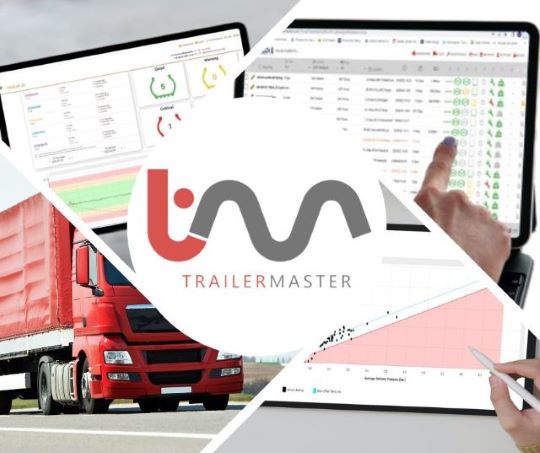–
Optimising fleet management in the road transport industry can lead to improved efficiency, reduced costs, and better overall operations. Here are some tips to help you achieve that:
Monitor Vehicle Health: Regularly monitor the health of your vehicles and address maintenance issues proactively to prevent breakdowns and reduce downtime.
Route Optimisation: This minimises mileage, fuel consumption, and travel time. Consider real-time traffic data to make dynamic route adjustments.
Driver Training and Safety: Train your drivers on safe driving practices, fuel-efficient driving techniques, and proper vehicle handling. Safe driving not only reduces accidents but also improves fuel efficiency and vehicle longevity.
Fuel Management: Monitor fuel consumption and implement fuel-saving strategies. These can include reducing idling time, optimising driving speeds, and using fuel cards to track fuel purchases and consumption accurately.
Load Optimisation: Ensure that your vehicles are loaded to their optimal capacity while staying within legal weight limits. Efficient load planning can reduce the number of trips and maximise resource utilisation.
Data Analytics: Analyse data from your fleet management software to identify patterns, trends, and areas for improvement. Use this information to make data-driven decisions about maintenance schedules, route adjustments, and resource allocation.
Telematics: Use telematics devices to gather data on vehicle health and performance. This data can help you identify issues and the areas where improvements can be made.
Regular Maintenance: Implement a scheduled maintenance program to keep your vehicles in good condition. Well-maintained vehicles are more fuel-efficient, have fewer breakdowns, and ultimately lead to cost savings.
Sustainability Initiatives: Consider adopting eco-friendly practices, such as using alternative fuels, reducing emissions, and incorporating electric or hybrid vehicles into your fleet. These initiatives can have long-term cost savings while contributing to environmental goals.
Optimise Vehicle Procurement: When purchasing new vehicles, consider factors like fuel efficiency, maintenance costs, and technology integration. Choose vehicles that align with your fleet’s needs and long-term goals.
Effective Communication: Maintain clear communication channels between your drivers, dispatchers, and management. This helps in addressing real-time issues, coordinating operations, and making quick adjustments when necessary.
Regulatory Compliance: Stay updated with industry regulations and compliance requirements. This ensures that your fleet operates within legal boundaries and avoids penalties.
Continuous Improvement: Regularly review and analyse your fleet management strategies. Identify areas that are working well and those that need improvement. Continuously adapt and refine your approach to stay competitive and efficient.
Utilise Fleet Management Software: Invest in a good fleet management system that offers features like GPS tracking, route optimisation, brake performance monitoring, maintenance scheduling, fuel management, and real-time data analytics. These tools can provide valuable insights into your fleet’s performance and help you make informed decisions.
Remember that each fleet is unique, so tailor these tips to your specific operational needs and objectives. Regularly evaluating your strategies and embracing new technologies will help you stay ahead in the road transport industry.
